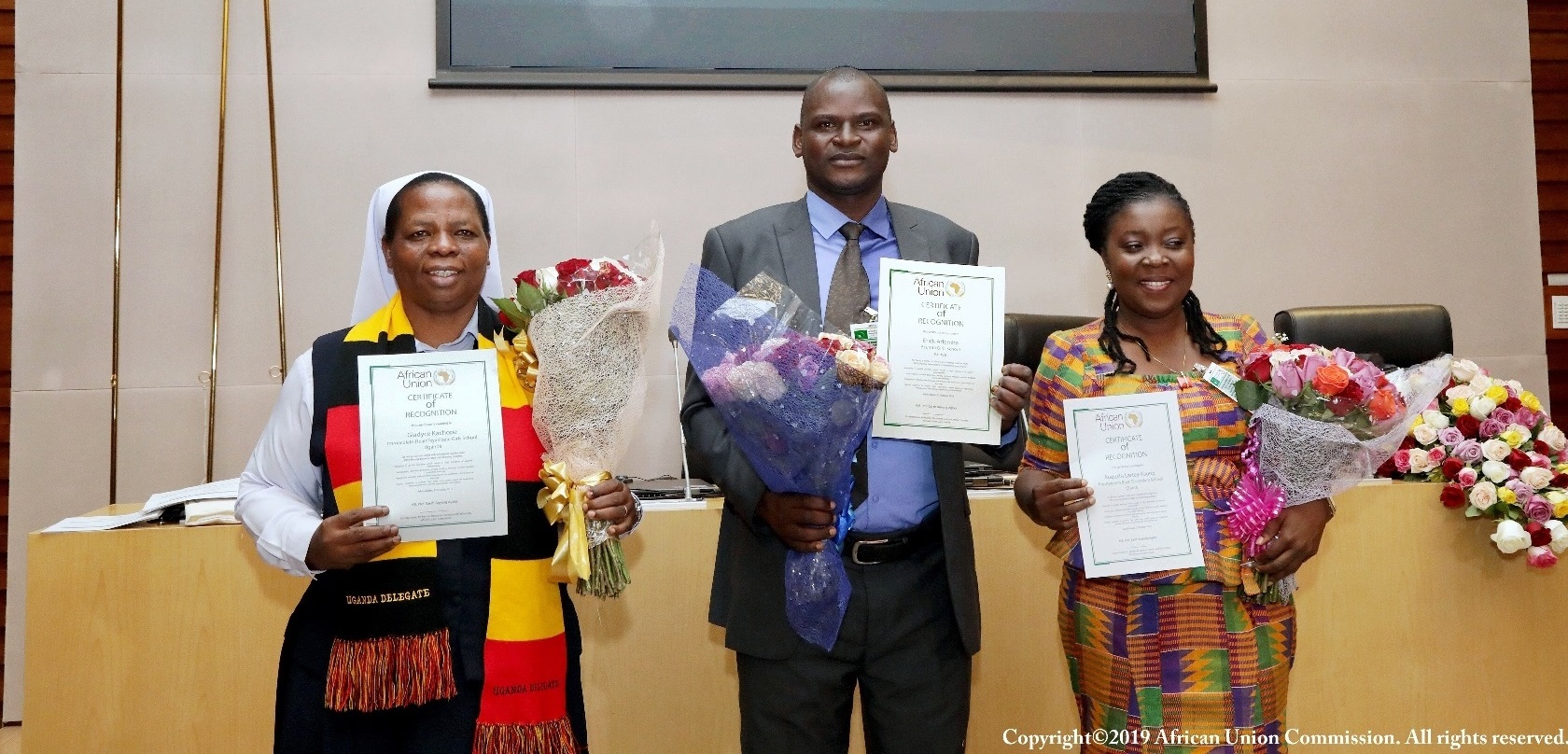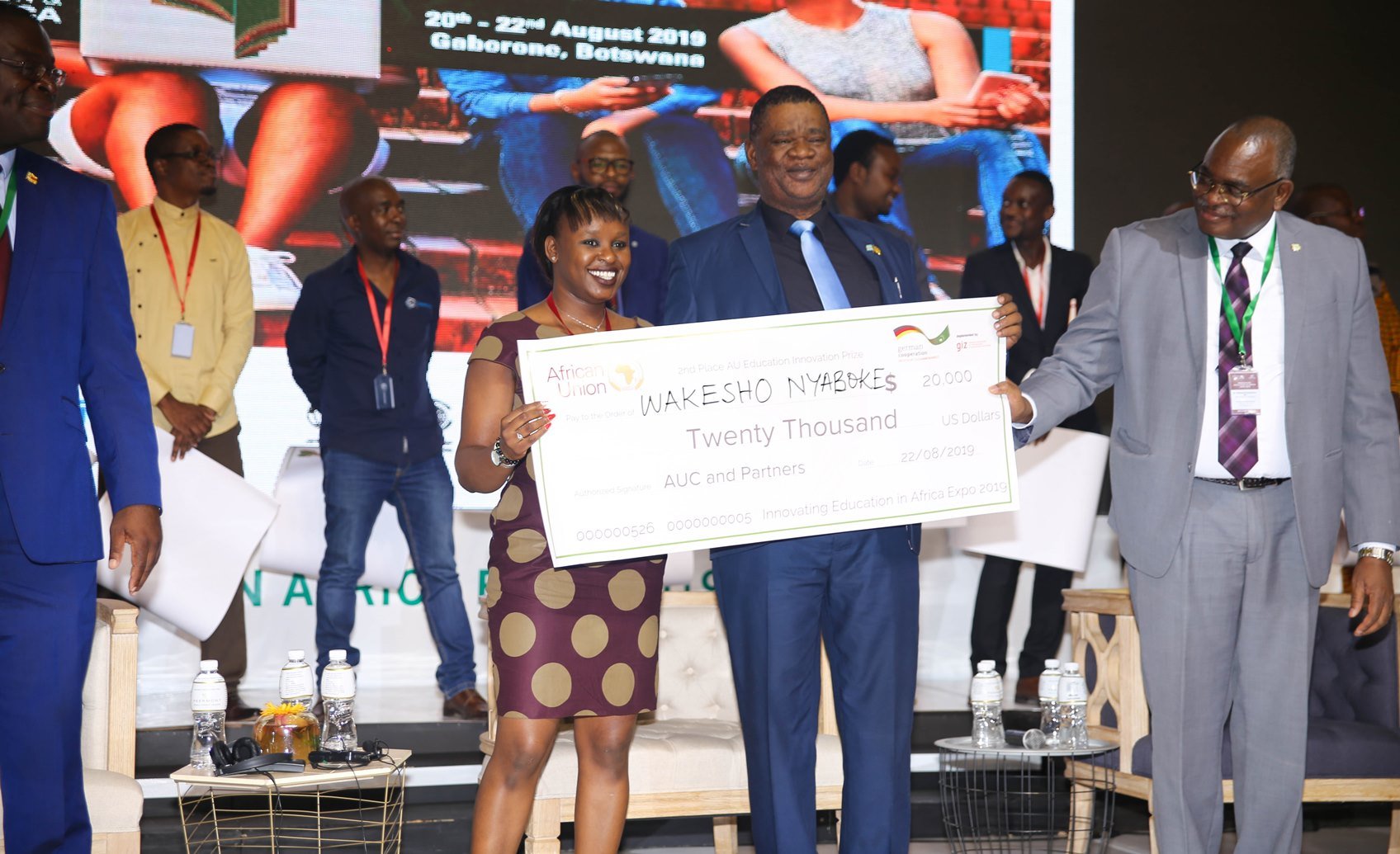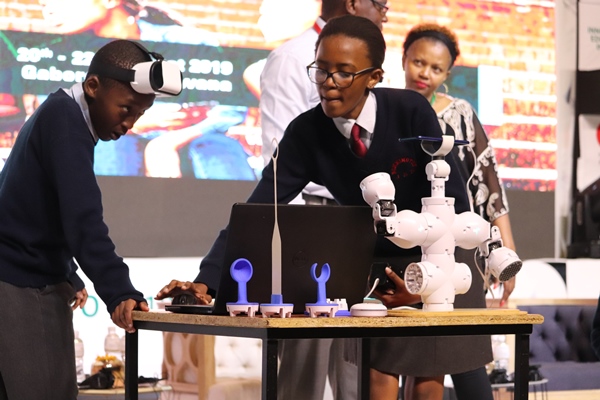Title of Innovation: KEKELITHEQUE
Year of implementation: 2017
Implemented by: KEKELI LAB
Country/Countries where the Innovation is being implemented: Togo
Problem being solved
KEKELI LAB is an association working to integrate information and communications technologies into education. Togo's education system faces enormous challenges, including: (1) the availability of quality educational resources and infrastructure, (2) the lack of Internet connection in some schools, particularly in rural areas, (3) training (4) the availability of appropriate technologies. To meet this challenge, we created KEKELITHEQUE, a virtual library that allows students and teachers to create, share and access educational resources
Description of innovation
In the form of a case, the KEKELITHEQUE is a virtual library accessible via a web platform or mobile application, and without necessarily requiring an internet connection. A virtual library is a collection of digital (i.e. digital) digital (i.e. digital) documents (texts, images, sounds) accessible remotely (especially via the Internet), offering different ways of accessing information to Public. KEKELITHEQUE offers several advantages: (1) Very easy and "offline" access to educational resources (without a need for Internet access), (2) An easy installation of the KEKELITHEQUE case, (3) A library suitable for rural areas, (4) the efficient preservation and classification of educational resources and (5) a reduced budget for the installation and maintenance of KEKELITHEQUE. The pilot phase of this project was set up at the Folly-baby High School located in the southeastern suburbs of the Togolese capital: 20 students initiated to take charge of a virtual library, 21 teachers trained in the use of TICE and an installed KEKELITHEQUE , these are the results of this first field experiment. A teacher was trained by KEKELI LAB to administer KEKELITHEQUE and lead training workshops for other teachers. Currently, at least 400 students use KEKELITHEQUE: https://fr.africanews.com/2018/11/09/togo-des-smartphones-pour-faire-cours/; http://www.africardv.com/africa/africatech/togolais-des-enseignants-outilles-pour-une-biblio-virtuelle/
Outcomes and Impact
Thanks to keKELITHEQUE, students have access to educational materials as well as annexes of exams taken by their teachers. KeKELITHEQUE allows for a better classification of educational resources, by teaching and by class. The user has personalized access to these resources through his personal account and can comment on these resources in order to improve the platform's documentary background. Students can also add documents of which they are authors or resource documents free of rights. For example, for a science class, students may suggest a document to the class.
Potential to be scaled and replicated
The KEKELITHEQUE has the advantage of being easily reproducible, inexpensive and very economical in energy consumption (powered by a simple rechargeable battery and/or by a solar plate). We plan to deploy to 10 schools in All 5 regions of Togo with training workshops for teachers and students. Our team is made up of a variety of profiles: lawyers, education specialists, journalists, web and mobile application developers.

















